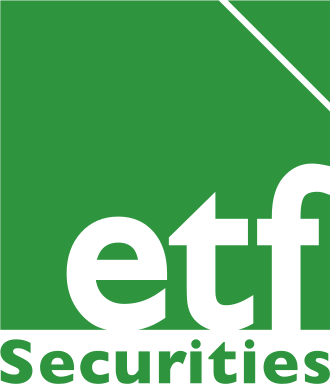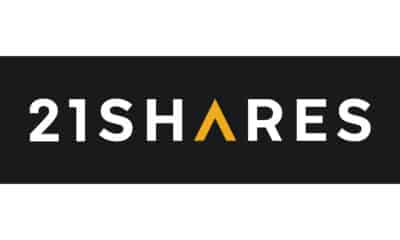Tom Bailey, analyschef på HANetf, kommenterar nedan konsekvenserna av Kinas militärparad och mötet mellan ledare från Kina, Ryssland och Nordkorea:
Kinas militärparad bör ge genljud över hela Indo-Stillahavsregionen. Tillsammans med uppvisningen av Kinas senaste avancerade vapen skickar bilden av Xi, Putin och Kim Jong-un en tydlig signal om att den USA-ledda världsordningen utmanas och att Kina är i uppgång.
Under de senaste 20 åren har Kinas militära utgifter ökat från bara 75 miljarder dollar per år till 300 miljarder dollar, medan dess grannar inte har hållit jämna steg. Majoriteten av länderna i regionen spenderar under, eller bara strax över, 2 % av sin BNP på försvar.
I denna nya era av ökad geopolitisk risk utsätts länderna i Indo-Stillahavsområdet för ökat tryck att öka sina försvarsutgifter. Nyligen genomförde HANetf en analys av de beräknade försvarsutgifterna i Indo-Stillahavsområdet – vår konservativa uppskattning pekar på nästan 600 miljarder dollar i ytterligare försvarsutgifter fram till 2030 enligt följande:
Mogna ekonomier (Japan, Sydkorea, Australien, Singapore, Taiwan)
- Försvarsutgifter bedöms bäst mot BNP-andelsmål, som i Europa.
- Skulle spendera sammanlagt 448,1 miljarder dollar extra på försvar från 2025-2030 om de skulle öka utgifterna till 3 % av BNP med en linjär ökning från dagens andel, och anta 2 % årlig nominell BNP-tillväxt.
Snabbväxande ekonomier (Indien, Indonesien och Filippinerna)
- Försvarsutgifter som andel av BNP kan ge en förvrängd bild eftersom BNP-tillväxten sannolikt kommer att öka snabbare än försvarsbudgetarna, så vi kan hålla dem konstanta.
- Skulle spendera ytterligare 143,8 miljarder dollar på försvar från 2025-2030, anta att deras försvarsutgifter förblir konstanta som andel av BNP på nuvarande nivåer och en konservativ årlig nominell BNP-tillväxt på 6 % uppnås.
Precis som europeiska länder har gått in i en ny era av ökade försvarsutgifter, gör även länder i Indo-Stillahavsområdet det.
HANetf har Europas mest omfattande utbud av försvars-ETF:er:
- Future of Defence Indo-Pacific ex-China UCITS ETF (ASWJ) ger exponering mot försvarsutgifter i Indo-Stillahavsområdet, exkl. Kina, i takt med att länder i regionen stärker sitt försvar för att motverka Kinas växande inflytande.
- Future of Defence UCITS ETF (ASWC) ger exponering mot NATO och NATO+-allierades försvars- och cyberförsvarsutgifter.
- Future of European Defence UCITS ETF (8RMY) ger exponering mot NATOs ex-USA-försvarsutgifter, med fokus på Europa.
-
Handla ASWJ ETF
Future of Defence Indo-Pacific ex-China UCITS ETF (ticker: ASWJ) är en europeisk börshandlad fond. Denna fond handlas på flera olika börser, till exempel Deutsche Boerse Xetra och Euronext Paris. Av den anledningen förekommer olika kortnamn på samma börshandlade fond.
Det betyder att det går att handla andelar i denna ETF genom de flesta svenska banker och Internetmäklare, till exempel Nordnet, SAVR, DEGIRO och Avanza.
Handla 8RMY ETF
Future of European Defence UCITS ETF (ticker: 8RMY) är en europeisk börshandlad fond. Denna fond handlas på flera olika börser, till exempel Deutsche Boerse Xetra och Euronext Paris. Av den anledningen förekommer olika kortnamn på samma börshandlade fond.
Det betyder att det går att handla andelar i denna ETF genom de flesta svenska banker och Internetmäklare, till exempel Nordnet, SAVR, DEGIRO och Avanza.
Handla ASWC ETF
HANetf Future of Defence UCITS ETF (ASWC ETF) är en europeisk börshandlad fond. Denna fond handlas på flera olika börser, till exempel Deutsche Boerse Xetra och London Stock Exchange. Av den anledningen förekommer olika kortnamn på samma börshandlade fond.
Det betyder att det går att handla andelar i denna ETF genom de flesta svenska banker och Internetmäklare, till exempel Nordnet, SAVR, DEGIRO och Avanza.

 Nyheter4 veckor sedan
Nyheter4 veckor sedan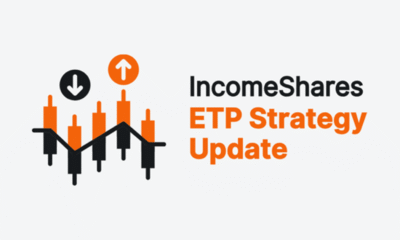
 Nyheter4 veckor sedan
Nyheter4 veckor sedan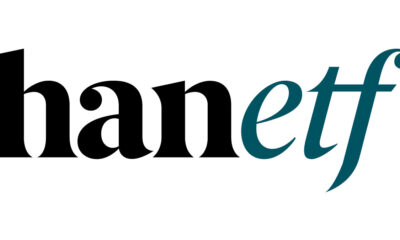
 Nyheter3 veckor sedan
Nyheter3 veckor sedan
 Nyheter2 veckor sedan
Nyheter2 veckor sedan
 Nyheter3 veckor sedan
Nyheter3 veckor sedan
 Nyheter1 vecka sedan
Nyheter1 vecka sedan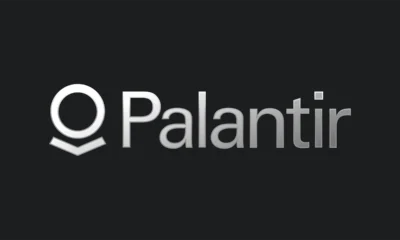
 Nyheter4 veckor sedan
Nyheter4 veckor sedan
 Nyheter3 veckor sedan
Nyheter3 veckor sedan
